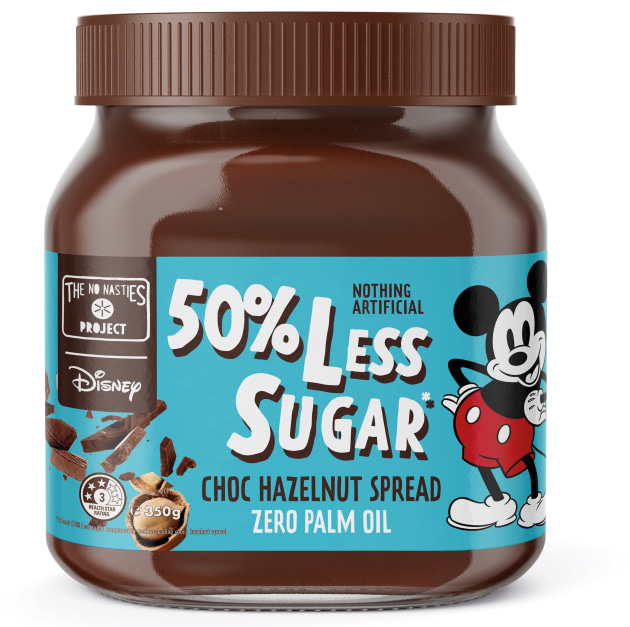The No Nasties Project latest product is palm oil free and has 50 per cent less sugar than its competitors. The Choc Hazelnut Spread is available in major supermarkets nationally.

than its competitors.
No Nasties founder and CEO David Andrew said the launch coincided with return to school and Palm Oil Free Day (1 February) to reflect the company’s commitment to healthier options for kids and the environment.
It is estimated that deforestation caused by palm oil plantations in tropical climates accounts for 10 per cent of total man-made global CO2 greenhouse gas emissions. No Nasties said Zoos Victoria estimates 1000 orangutans die each year as a result of their habitat being destroyed through unsustainable palm oil production.
“The No Nasties Project is palm oil free as we believe that it is the only way to ensure that we don’t damage the future of our rainforests globally,” Andrew said.
“We believe that small choices make a big impact such as choosing palm oil free products in the supermarket.”
The Choc Hazelnut Spread also contains no maltitol or artificial ingredients.
“We are serious about reducing sugar in Aussie diets, aiming to remove over 500 tonnes of sugar per year through Project 500,” Andrew said.







